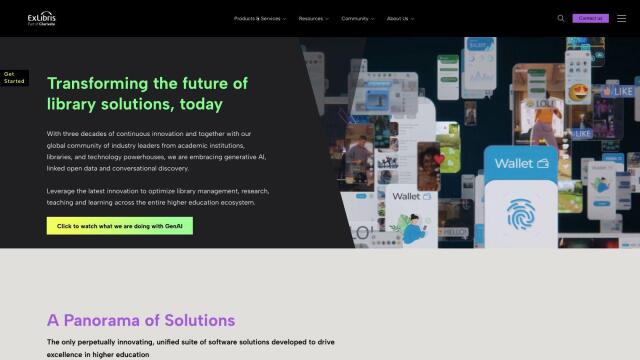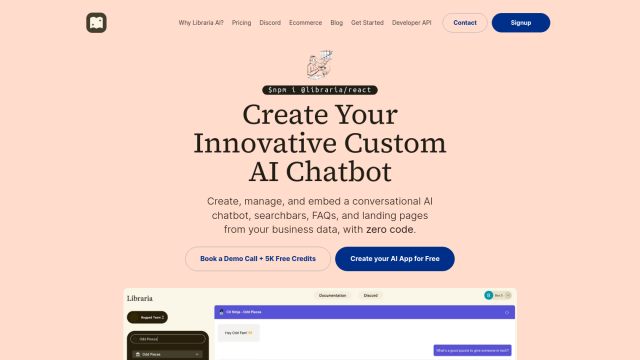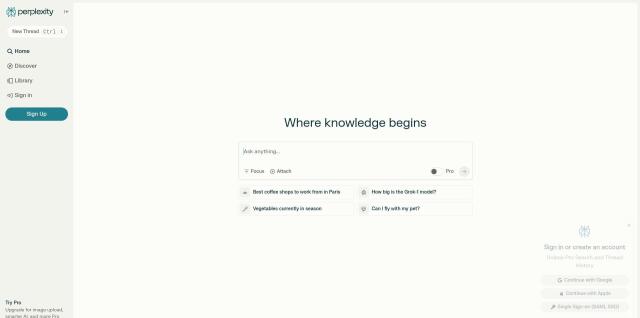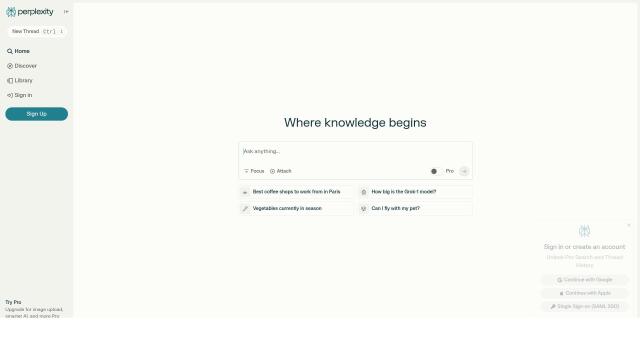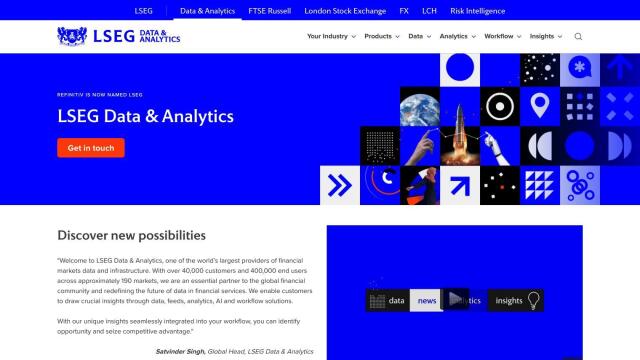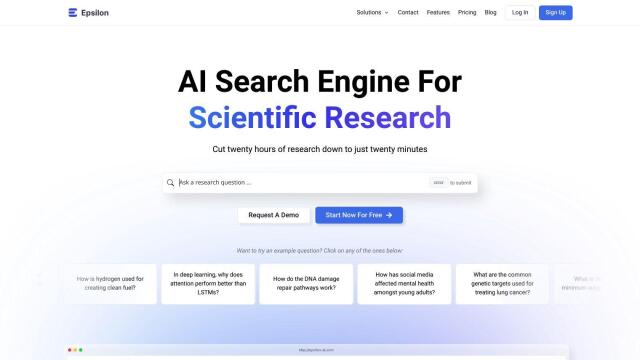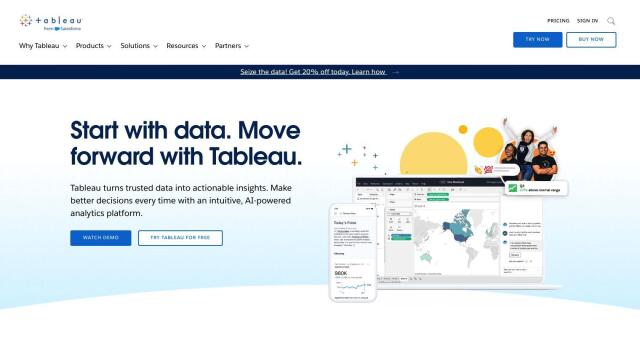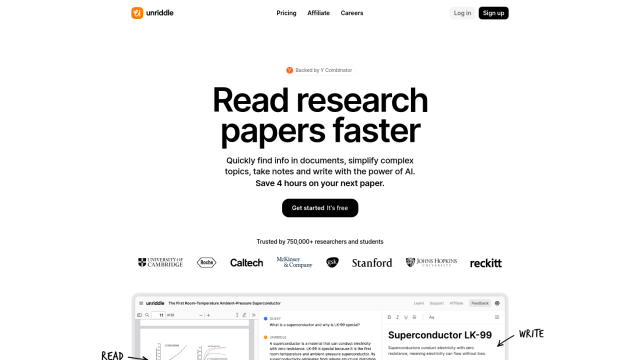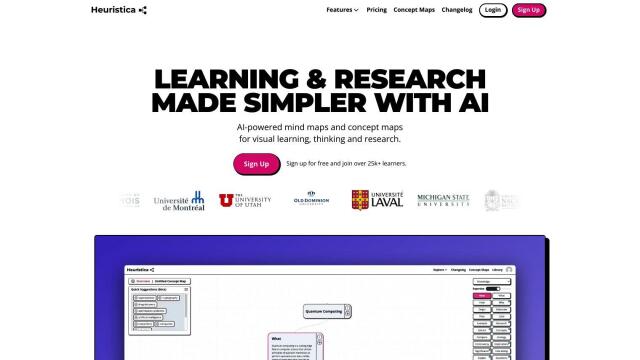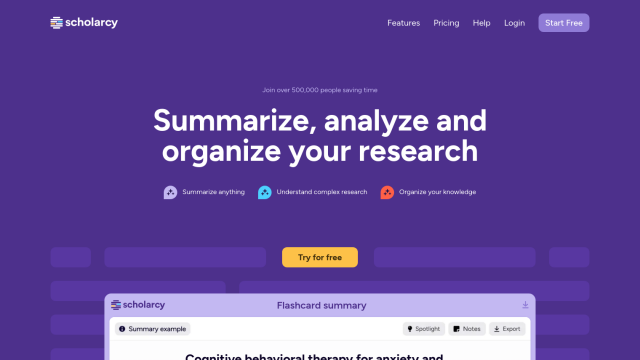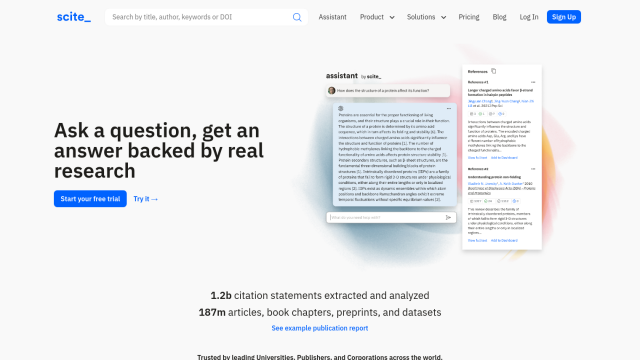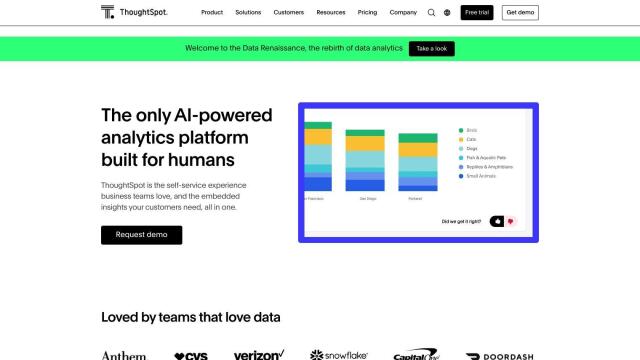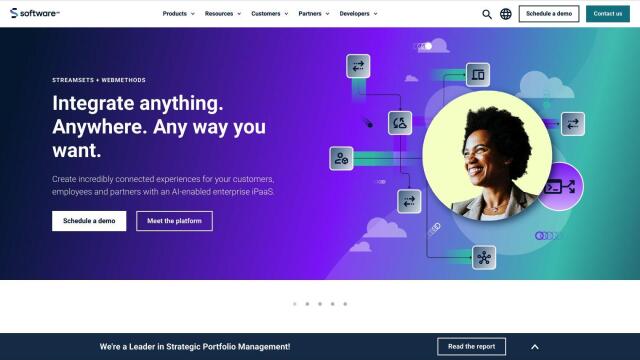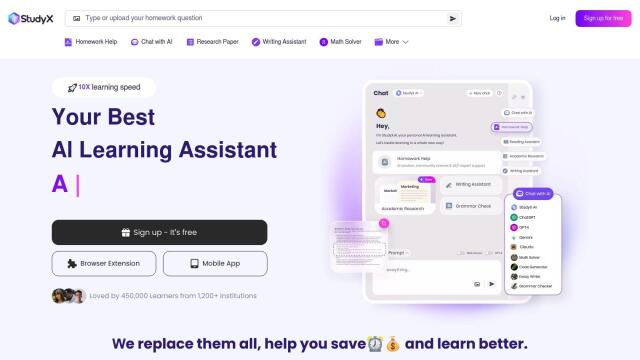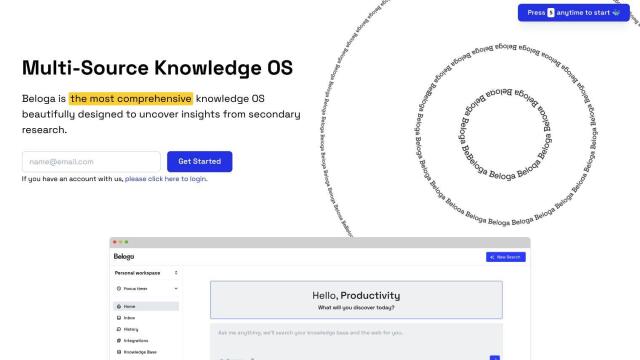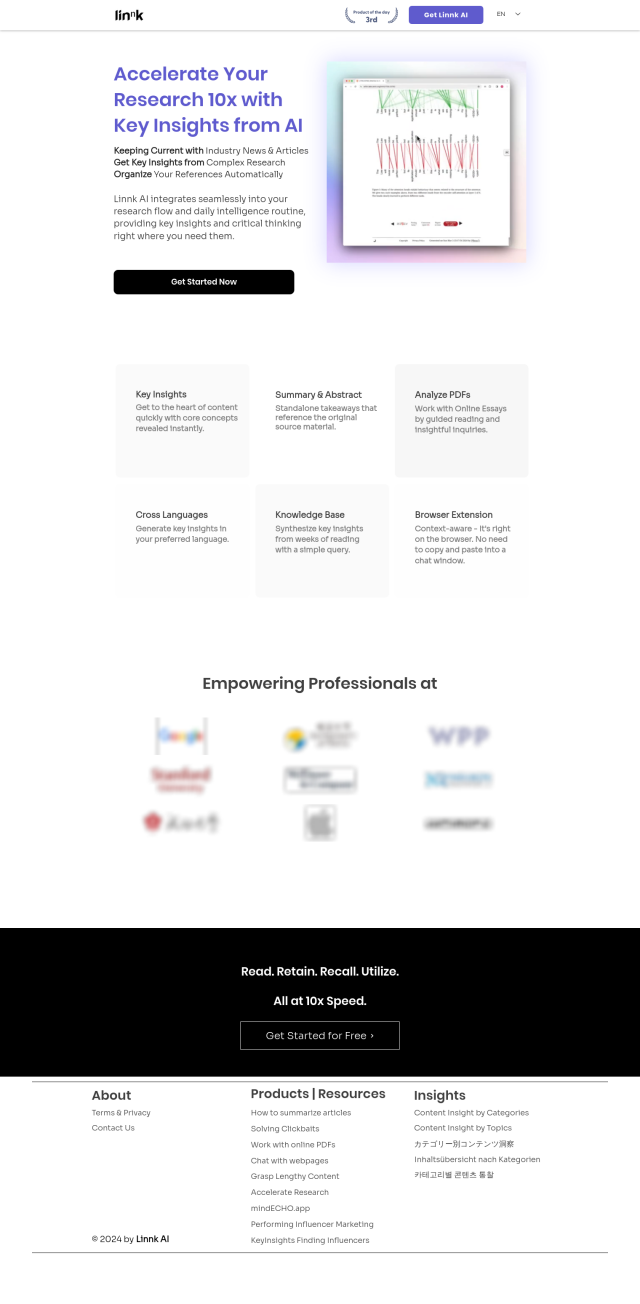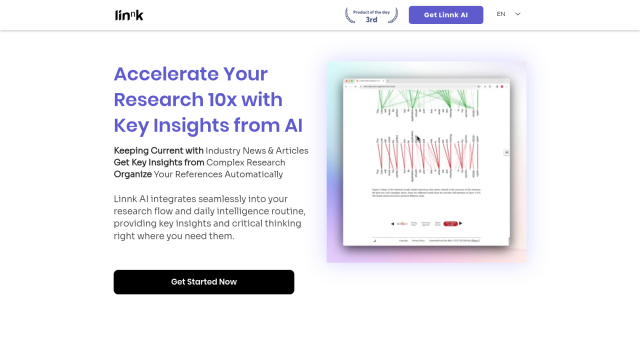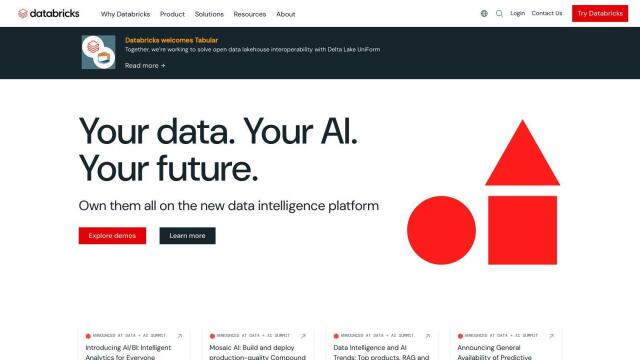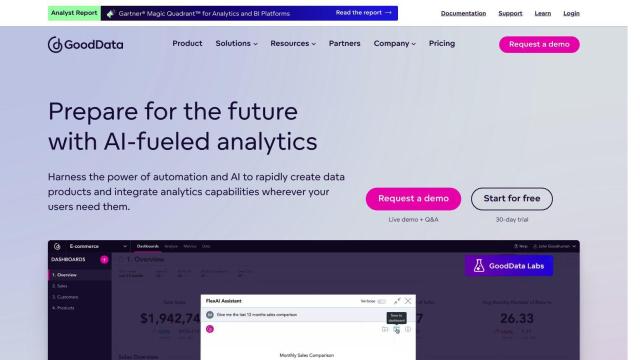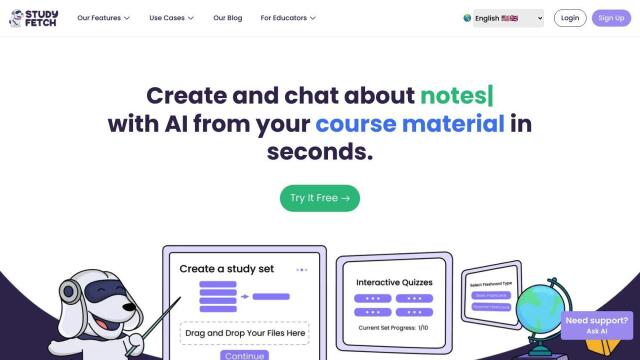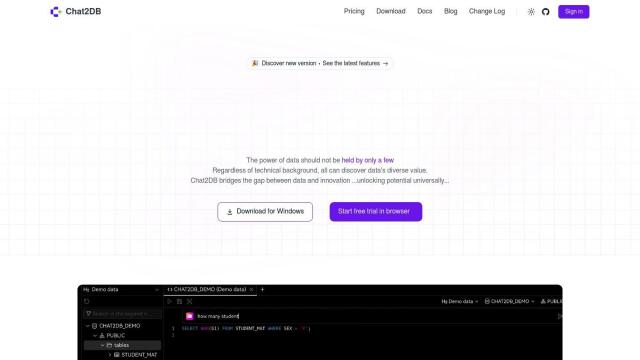
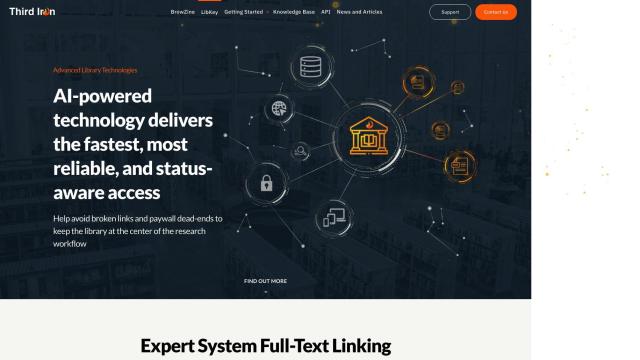
Third Iron
If you're looking for an alternative to Ex Libris, Third Iron is another option worth considering. Its AI-powered platform provides direct and trusted access to full-text articles and content, bypassing problems with broken links and paywall restrictions. It includes features like Expert System Full-Text Linking for one-click access to millions of articles, Dynamic Link Construction to minimize errors, and Open Access Content linking. This can greatly enhance the user experience across multiple discovery services and the open web, making it a good option for libraries seeking to make research easier.

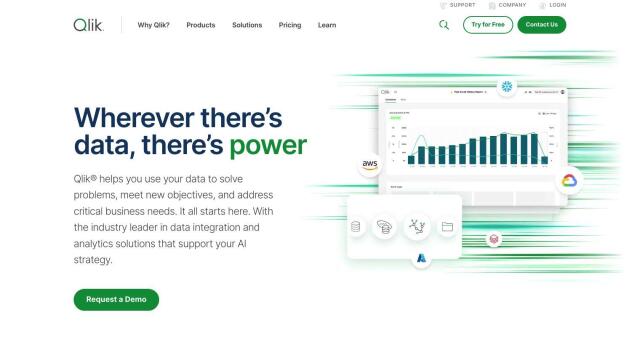
Qlik
Another option is Qlik, a full suite for data integration, analytics and artificial intelligence. Qlik provides a rich data fabric and deeper insights through end-to-end data integration and analytics capabilities. Its wide range of integrations and connectors give access to hundreds of data sources, so it's adaptable to different industries and roles. The platform also includes AI-powered features like AutoML and Qlik Staige for no-code predictive AI application development, which can help libraries work more efficiently and engage users more effectively.

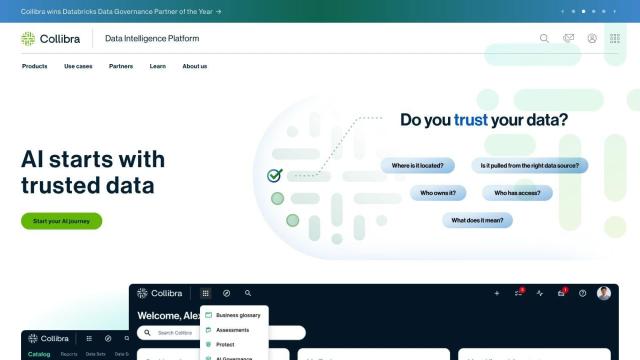
Collibra
If you're interested in a data intelligence platform, Collibra has a variety of data management tools, including AI Governance, Data Catalog, Data Governance, Data Quality & Observability, and more. It has features like data quality monitoring, pipeline reliability tracking, and integrated data management. Collibra aims to boost productivity by automating data processes, which could be helpful for libraries seeking to streamline their operations and improve their data management systems.

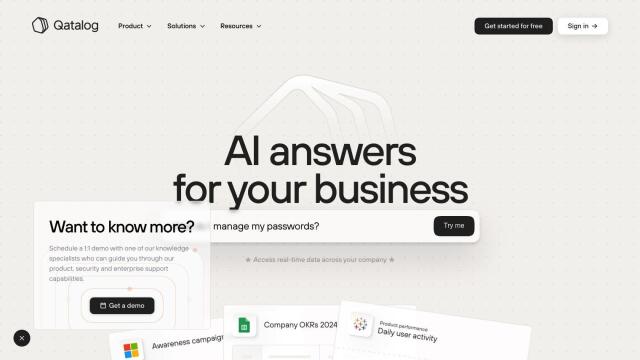
Qatalog
Last, Qatalog is an information retrieval system designed to make it easier to find information across an organization. It uses multiple large language models to search for information in different files and applications, and it integrates with apps like ADP, Asana and Bamboo HR. Qatalog provides direct answers with source material validation and permission awareness to control access to sensitive information, so it's a secure and efficient way for libraries to manage and retrieve data.

